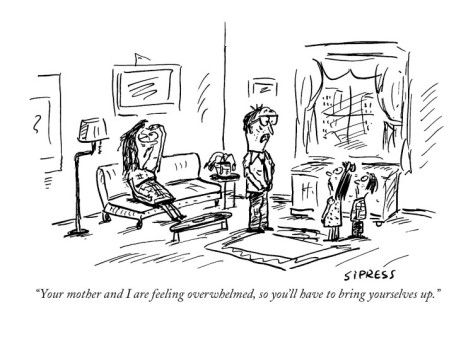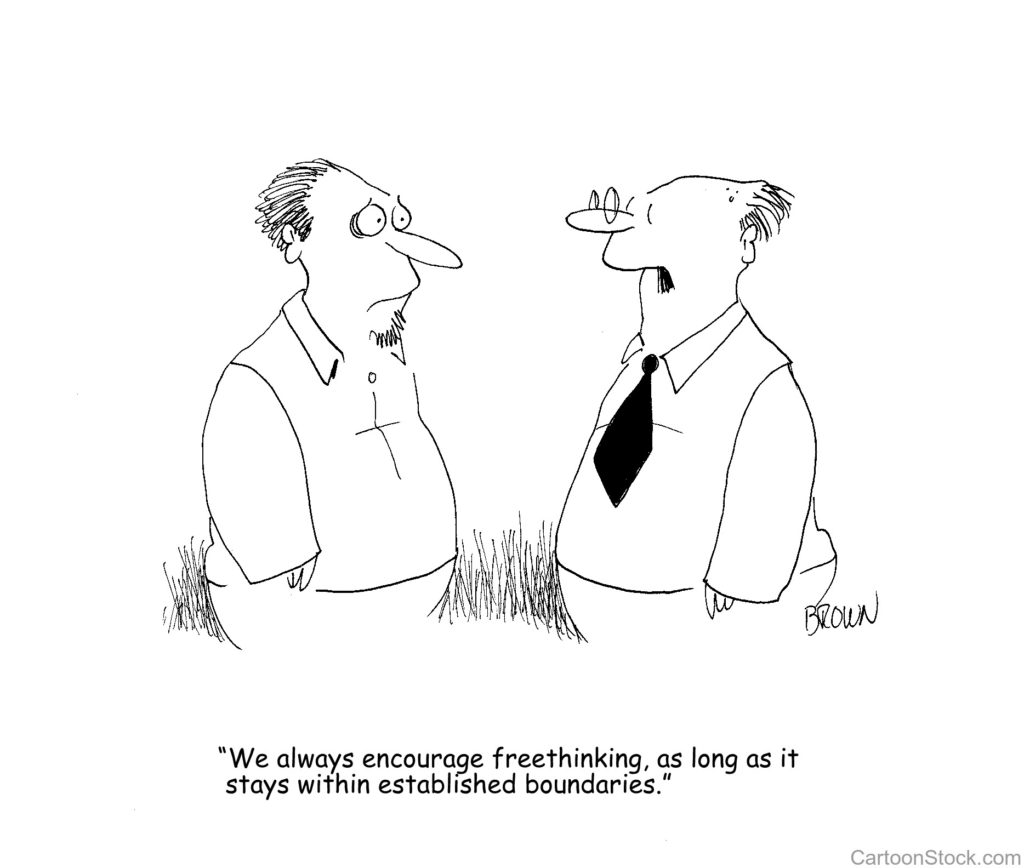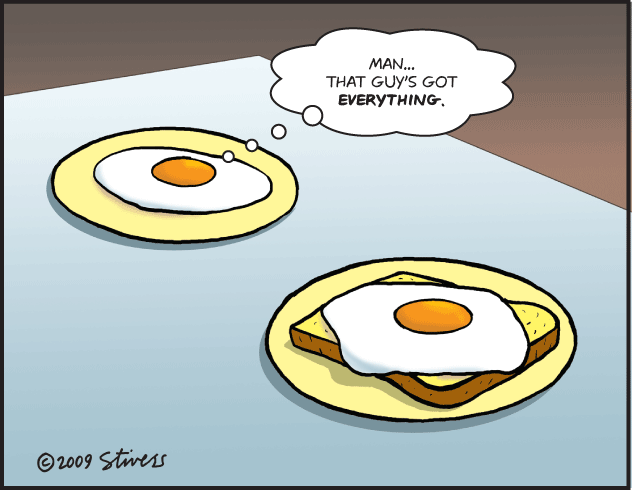
There are two sides to every story, yet people end up listening to one side and believe it to be the truth.
Consider a hypothetical relationship in which one person commits a never-ending string of offenses, none of which are serious enough to warrant a drastic reaction from others, but their cumulative effect is great. The victim of these constant misdemeanors finally “has had enough” and commits a one-time, substantial offense that is obviously wrong. Most people who hear of the flagrant offense will lay blame on that person and not consider the balance of offenses. But, in this scenario, who is the real perpetrator?
Reflect on these two examples:
For years, a spouse is negligent in meeting the emotional needs of his or her partner. Instead of fostering a caring, loving relationship, the persistent neglect leads to a cold, unbearable detachment. The marriage exists but it doesn’t.
After years of suffering, the neglected partner has an affair, seeking to have legitimate, important needs met but in an inappropriate way. Society sees only one culprit: the adulterer. But who is the real perpetrator?
For years, a person tolerates an annoying family member, responding with grace to his or her constant litany of irritating behavior and verbal abuse. Finally, the recipient explodes in anger, using curse words to express years of pent-up frustration. Those who observe the confrontation are aghast at the terms used and think less of the person who said them, not being privy to the years of subtle yet constant abuse. But who is the real perpetrator?
Don’t fall prey to this unfair scenario. If you’re in a situation that is slowly eroding your well-being, make changes; don’t let the offenses slowly cumulate and then make a drastic reaction that turns you into the bad-guy.
Also, don’t judge from afar, a situation in which you’re not privy to all the issues. Often, we only see the dramatic climax, not the cumulative effect of minor issues over time.
[reminder]What are your thoughts about this essay?[/reminder]
[callout]I’m hosting a trip to Peru, May 6-15, 2020. It will be limited to 50 travelers. Here’s the brochure. On Saturday, May 18, 2019 from 4:00-5:00, I’m hosting a free information meeting for anyone who wants more details about the trip. It will be held in the DFW metroplex and broadcast live on Facebook for those who live elsewhere. If you want to attend, email me at djmcminn@msn.com or respond to this blot post.[/callout]

 I define individual capacity as the maximum amount of productivity that a person can do and/or negotiate in a given period of time. Though we all have 24 hours in a day to produce, we each differ in how much work we’re able to complete. Some people can only keep “two plates spinning simultaneously,” others can negotiate four spinning plates, and others even more.
I define individual capacity as the maximum amount of productivity that a person can do and/or negotiate in a given period of time. Though we all have 24 hours in a day to produce, we each differ in how much work we’re able to complete. Some people can only keep “two plates spinning simultaneously,” others can negotiate four spinning plates, and others even more. Every December, Mary and I spend seven days on the Queen Mary 2, traversing the North Atlantic from London to New York. It is an incredible experience; I want to be on that exact trip every year until I die.
Every December, Mary and I spend seven days on the Queen Mary 2, traversing the North Atlantic from London to New York. It is an incredible experience; I want to be on that exact trip every year until I die.